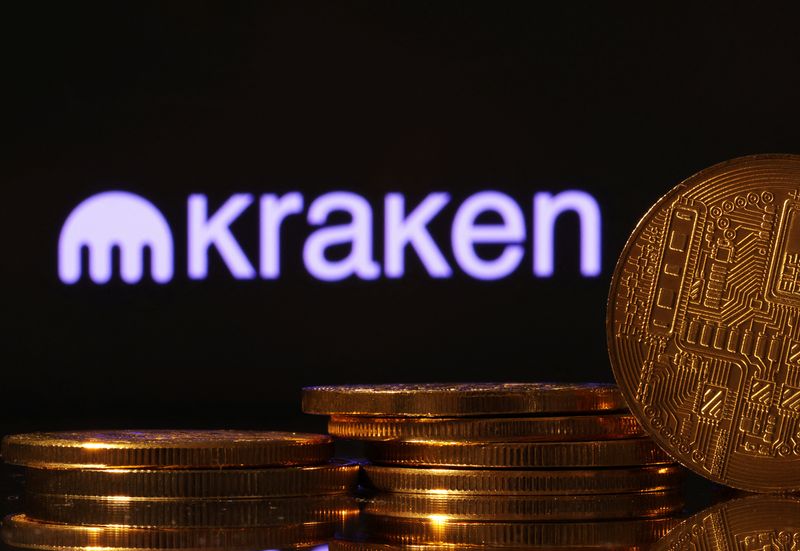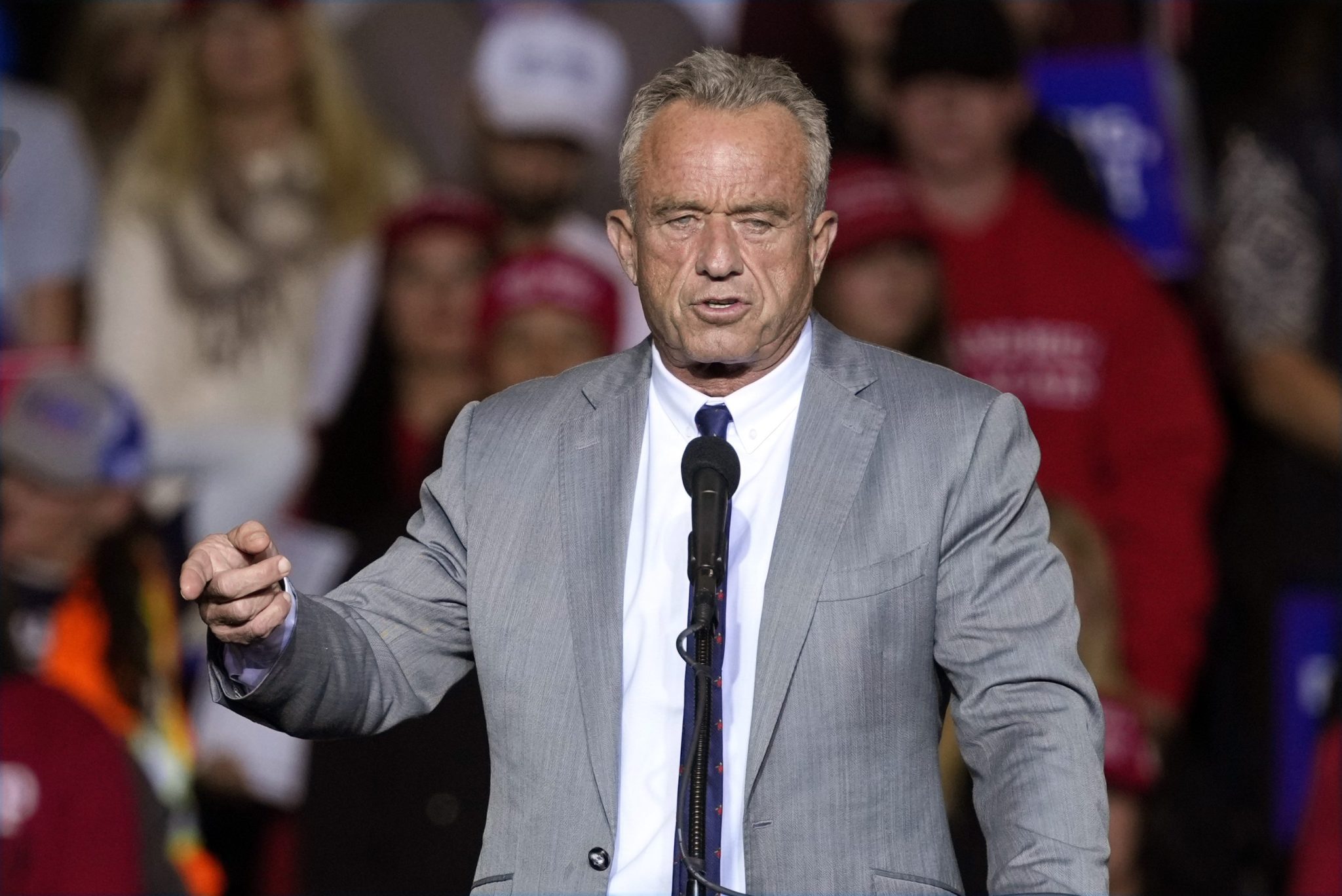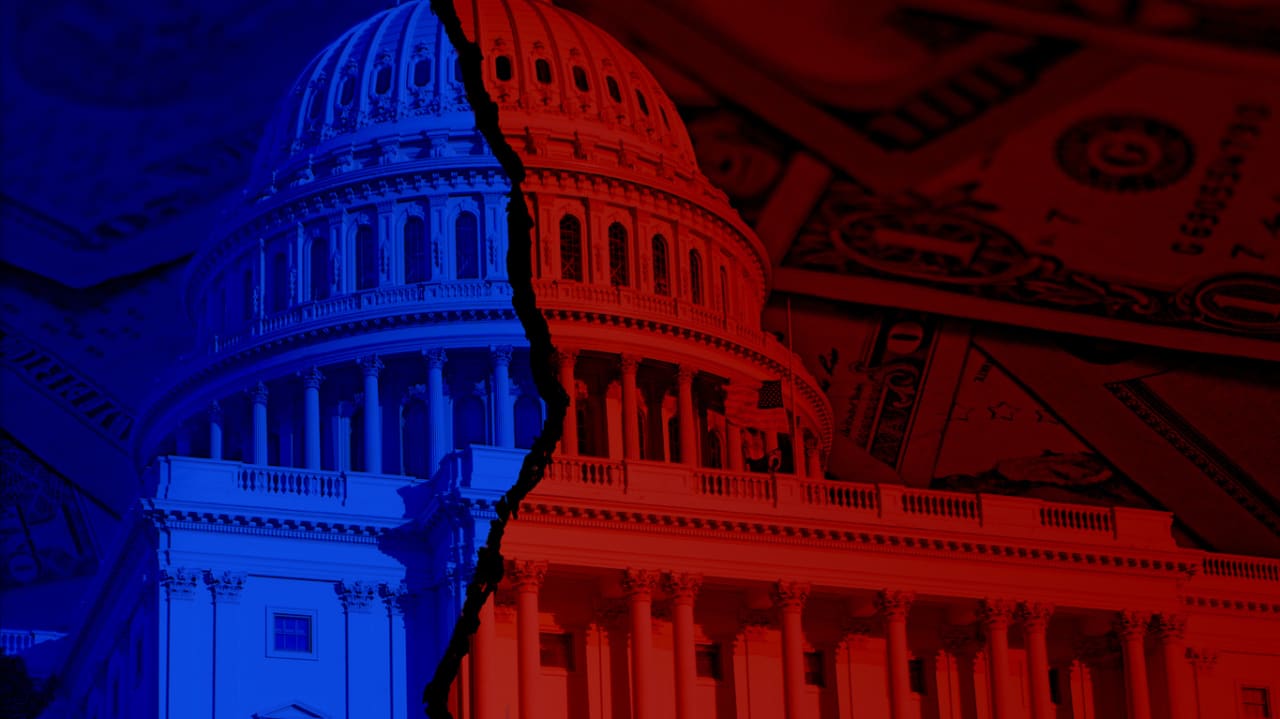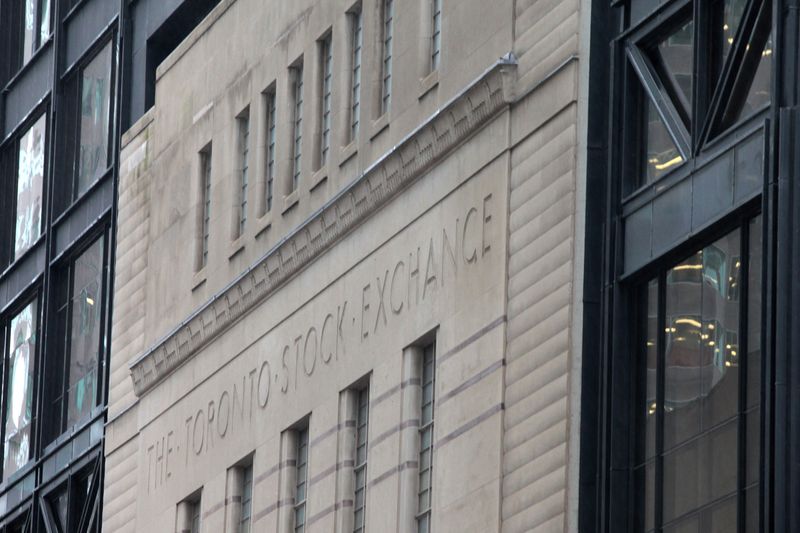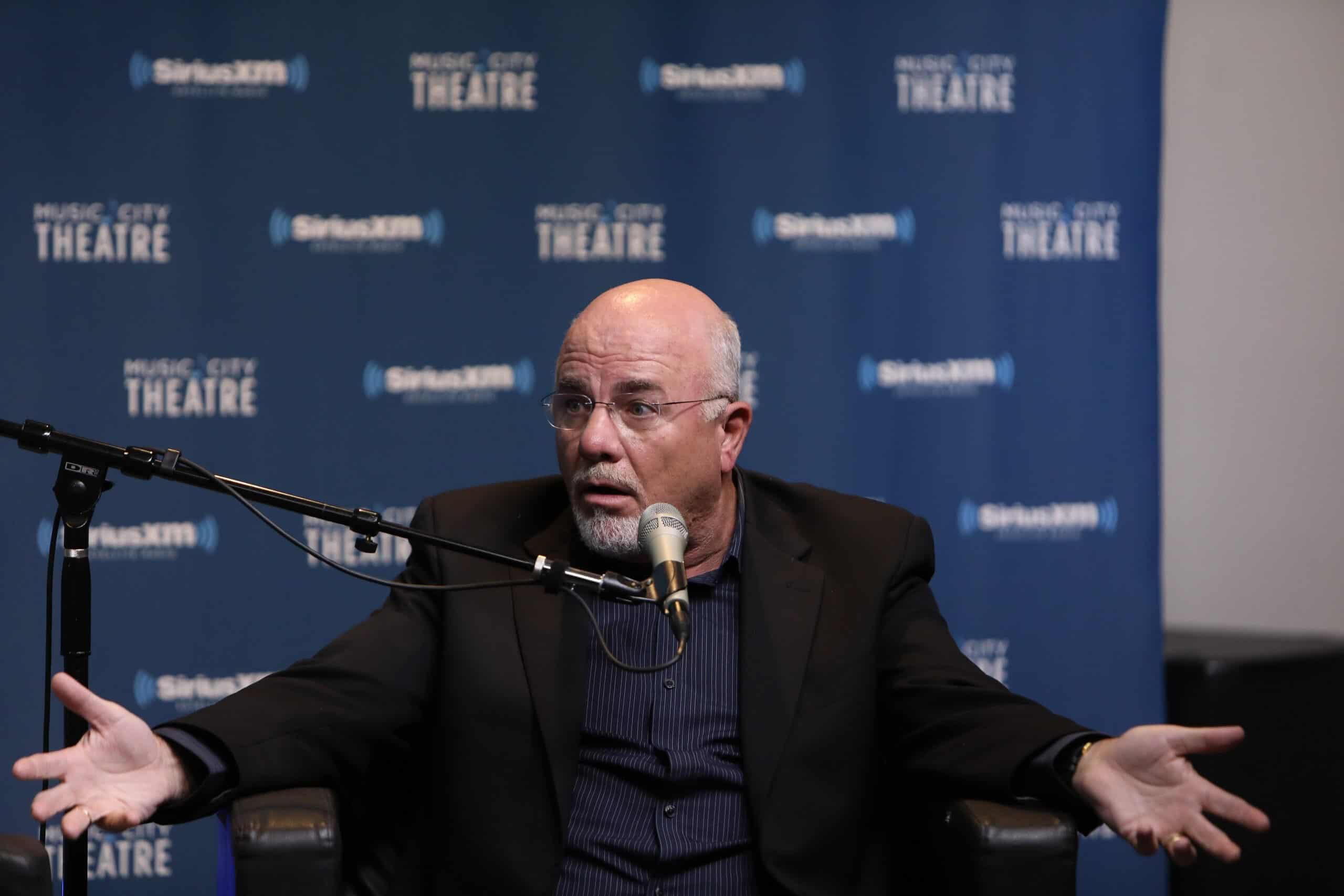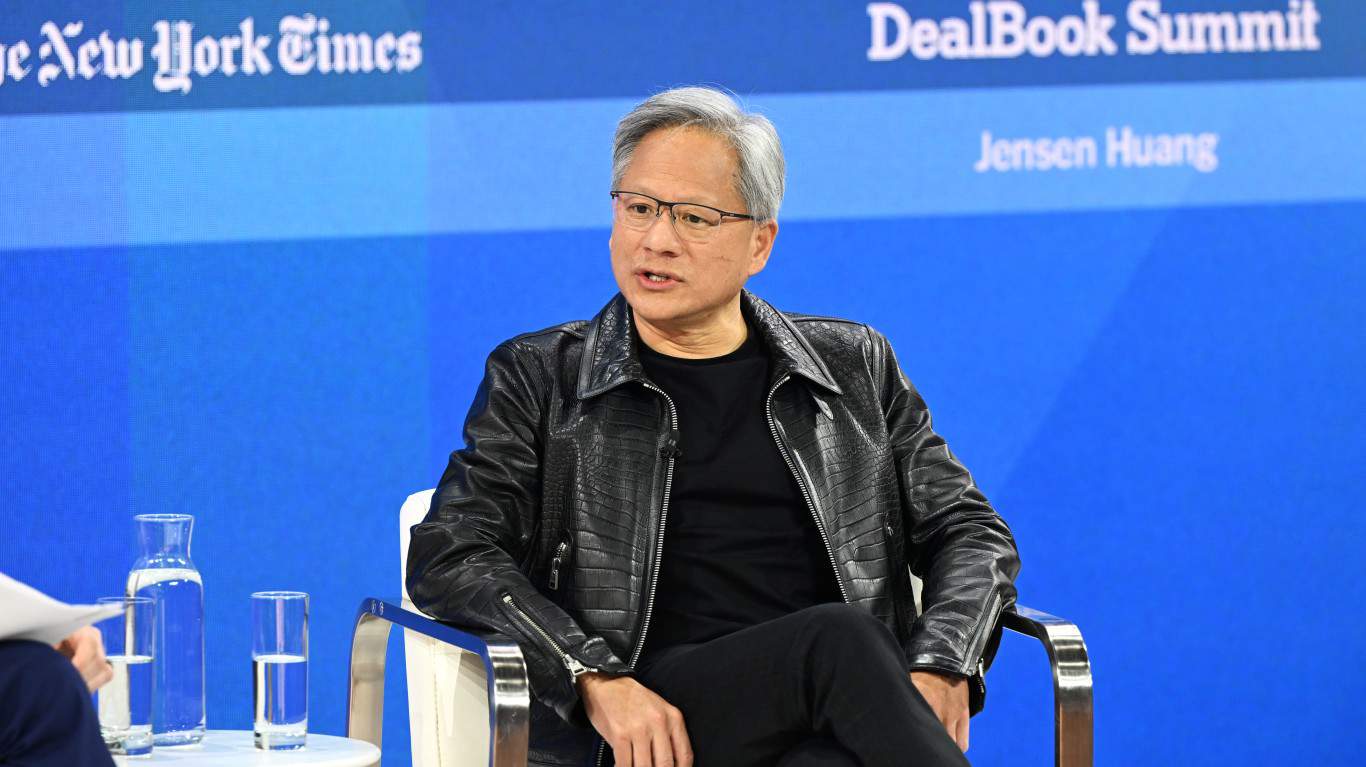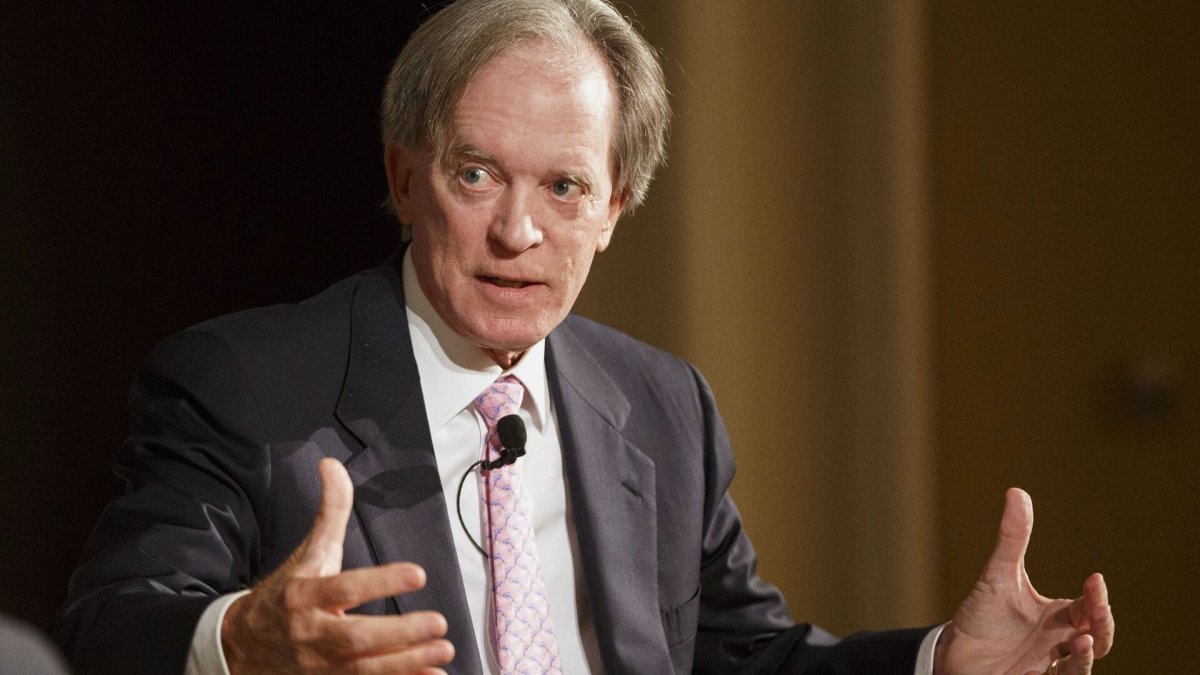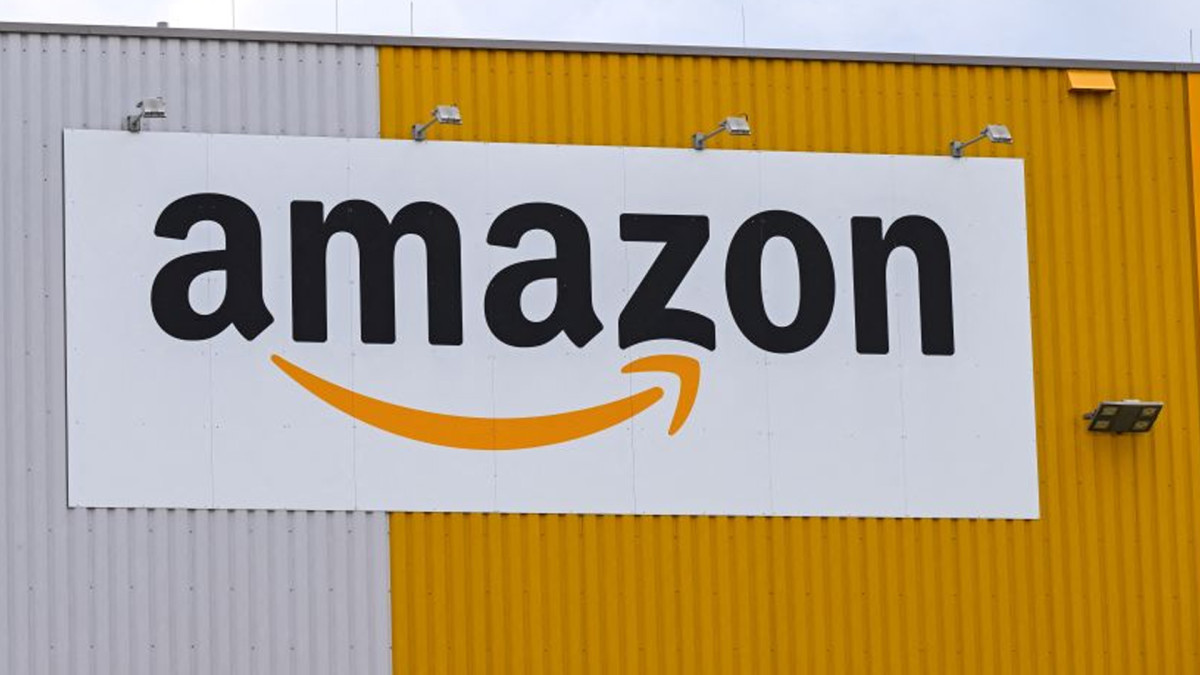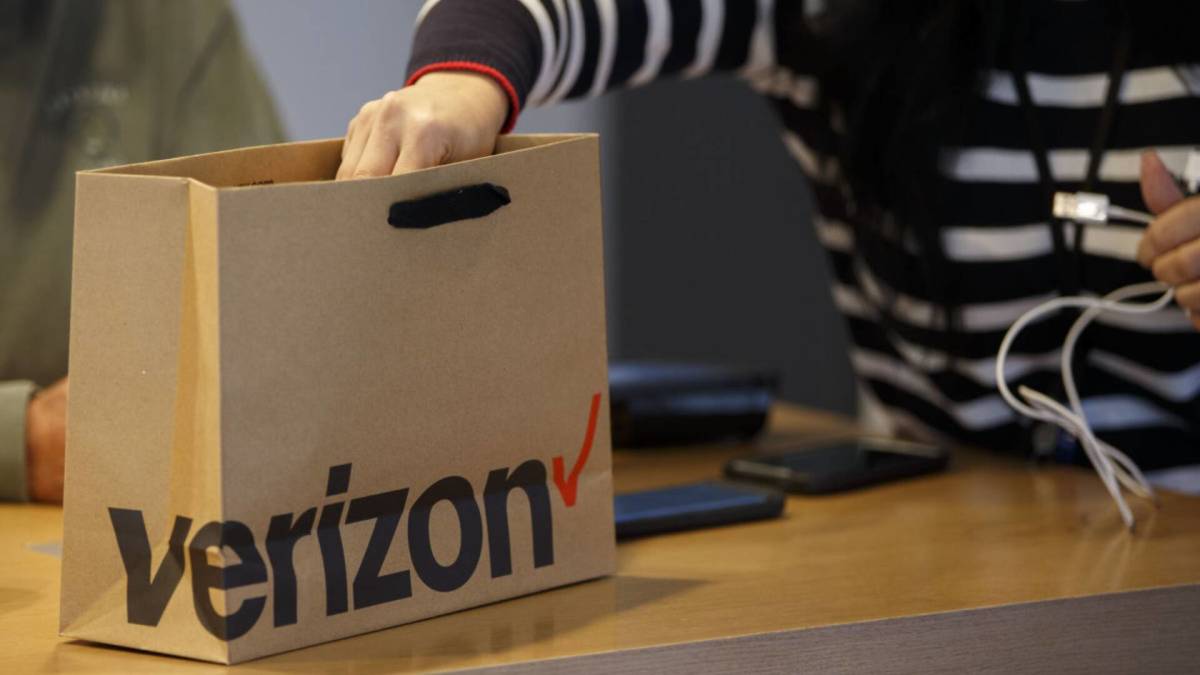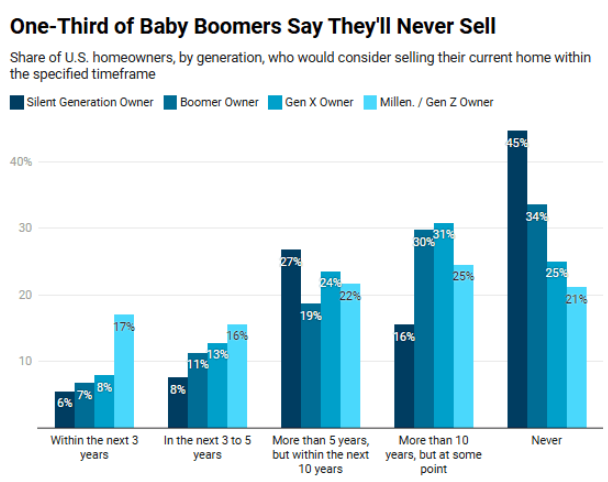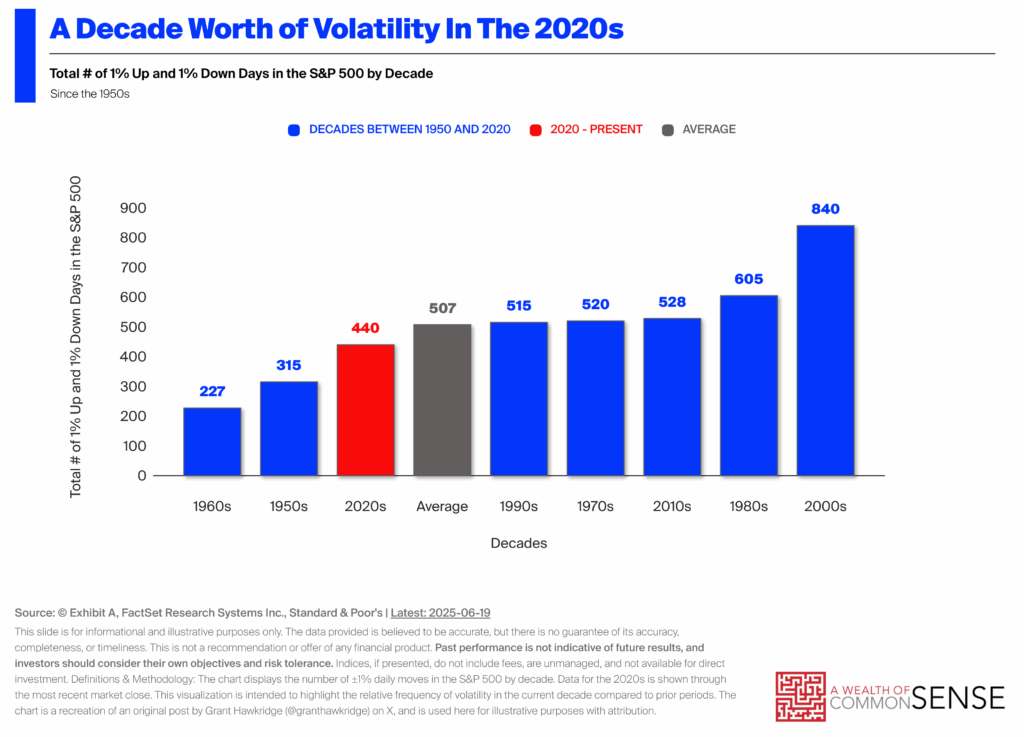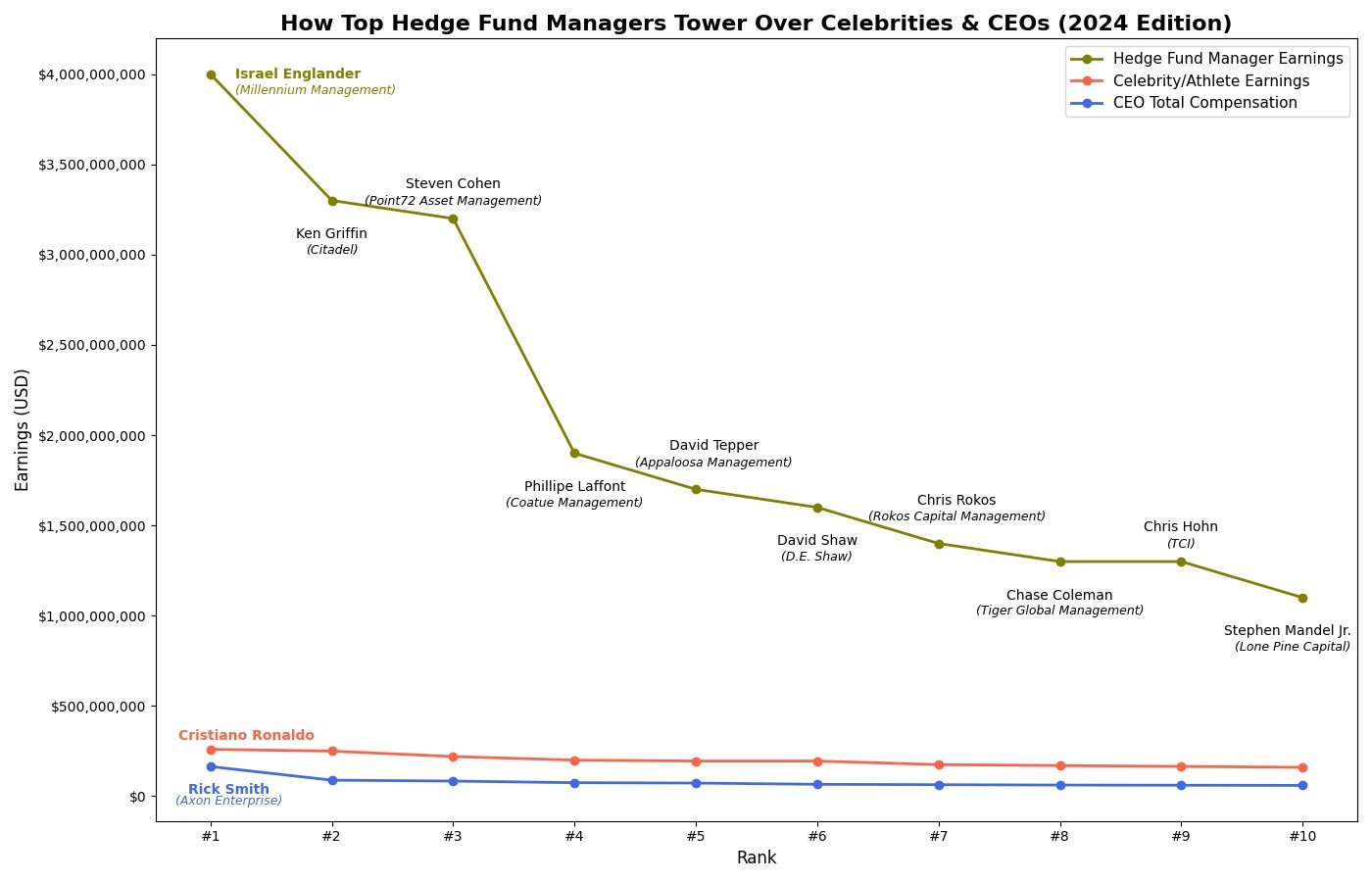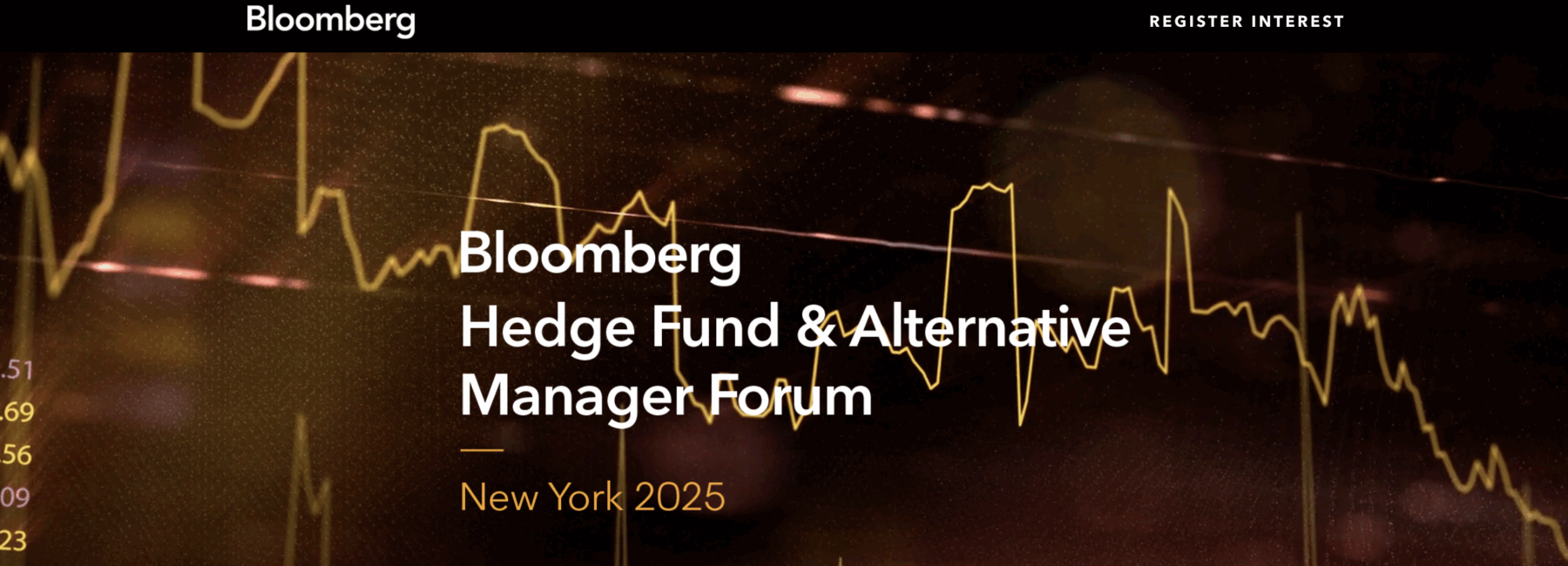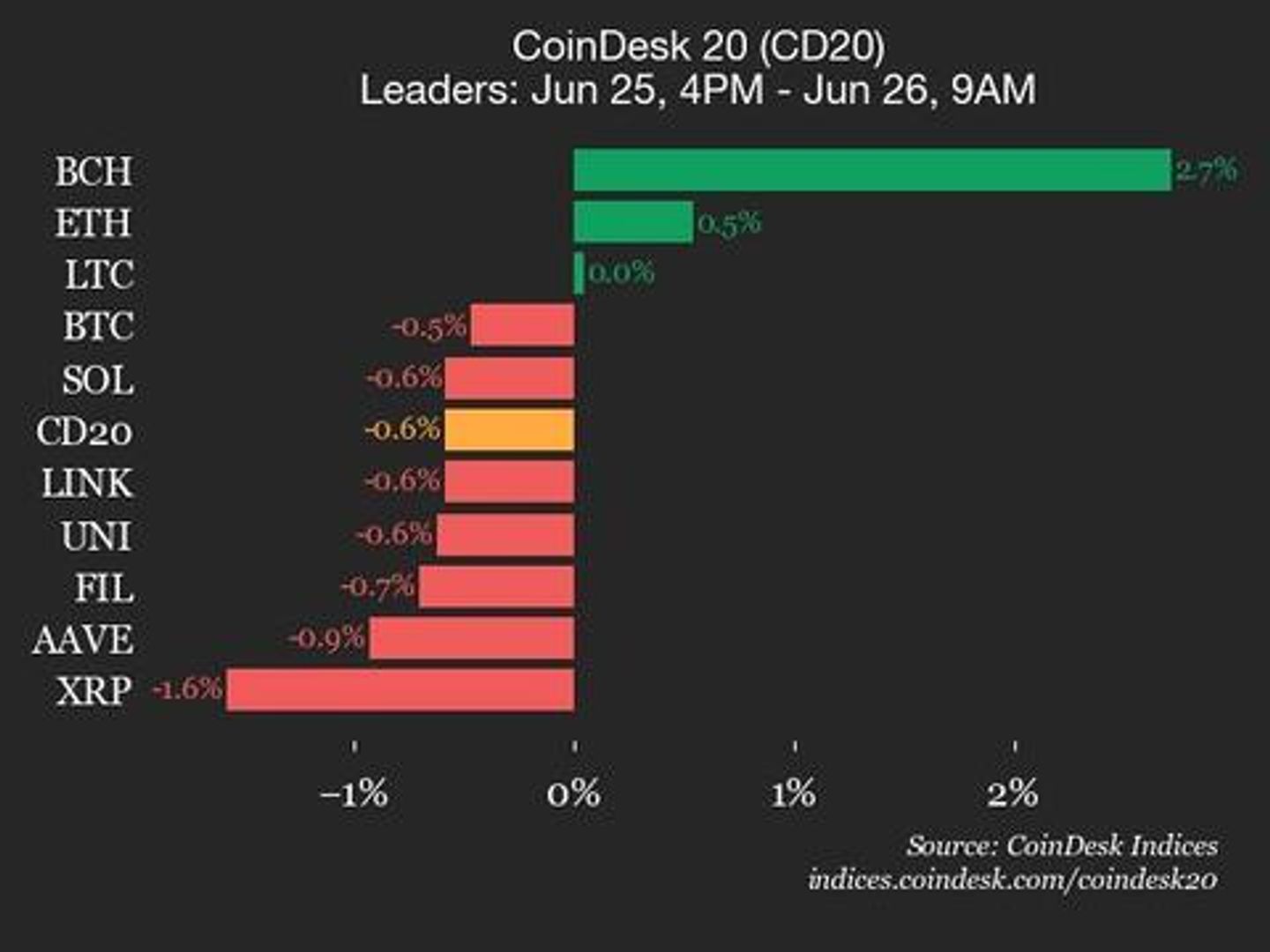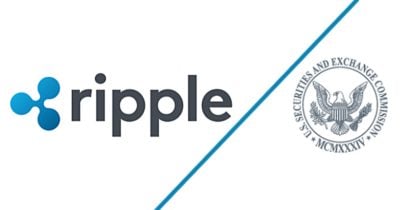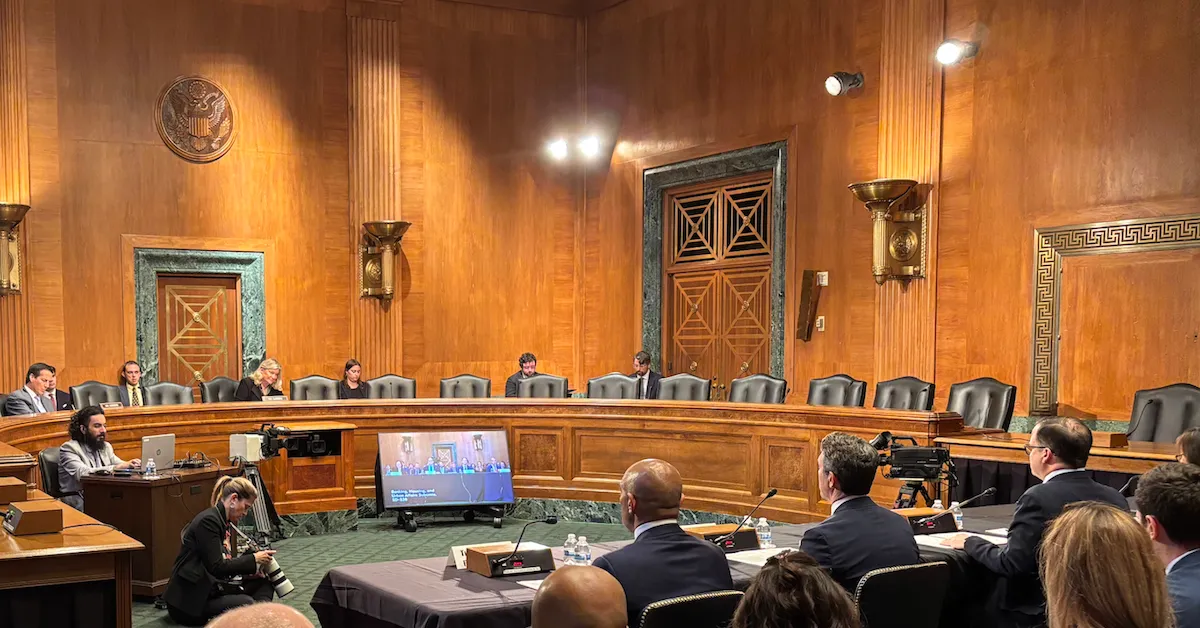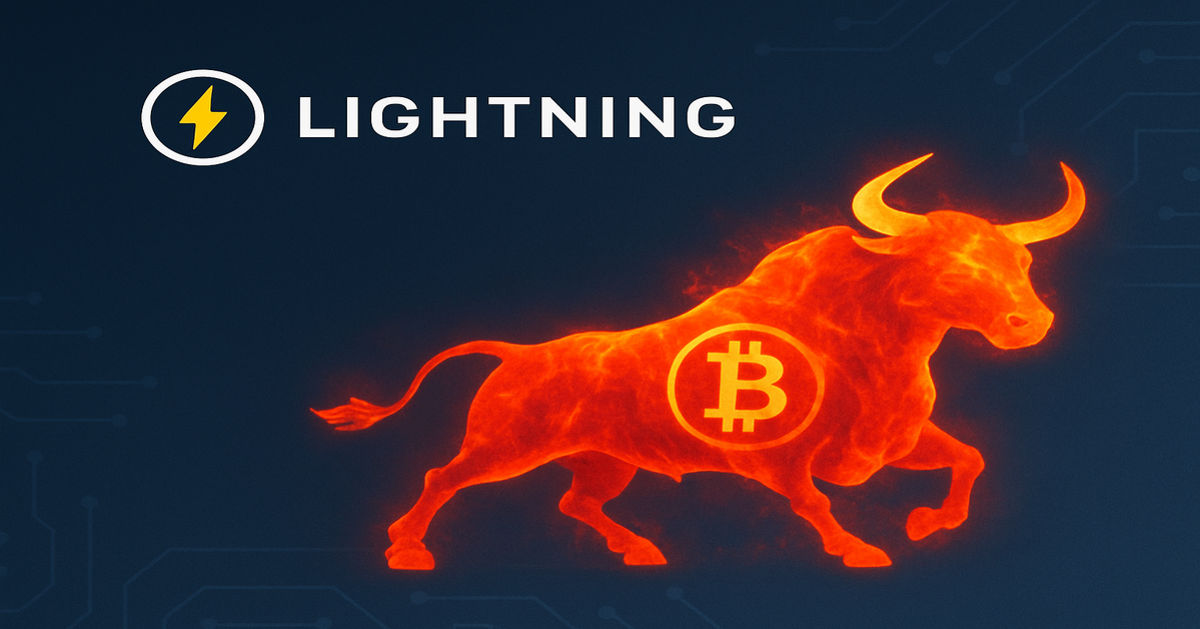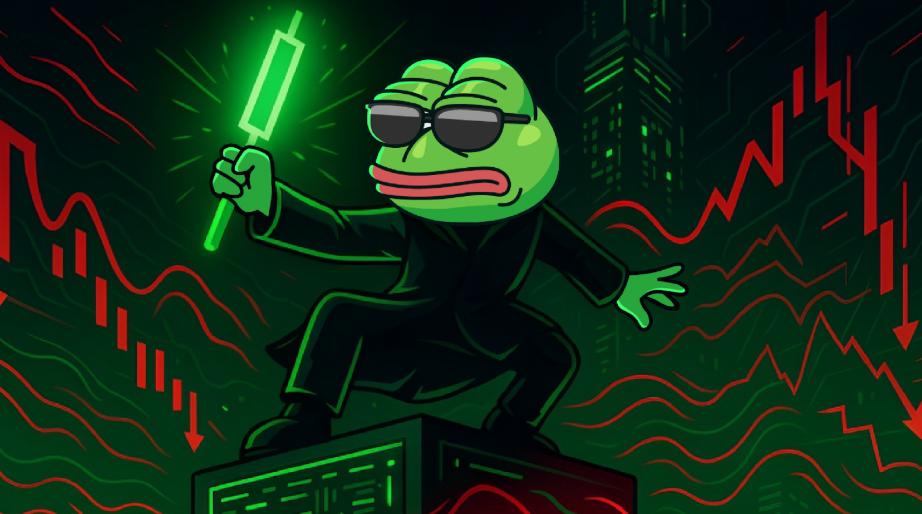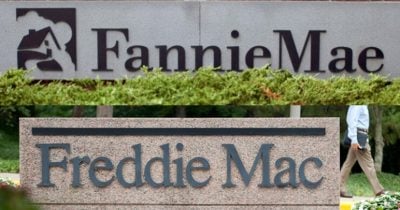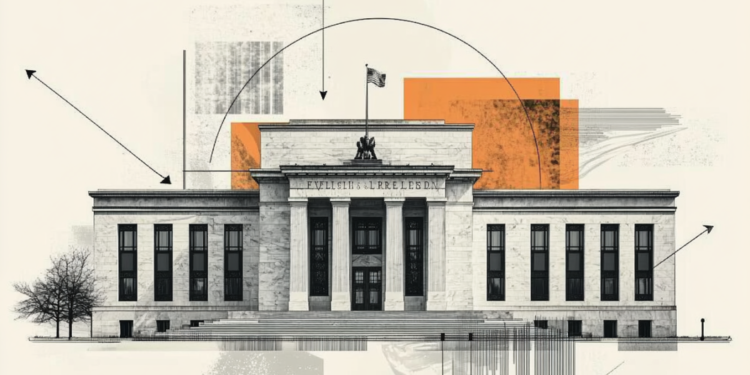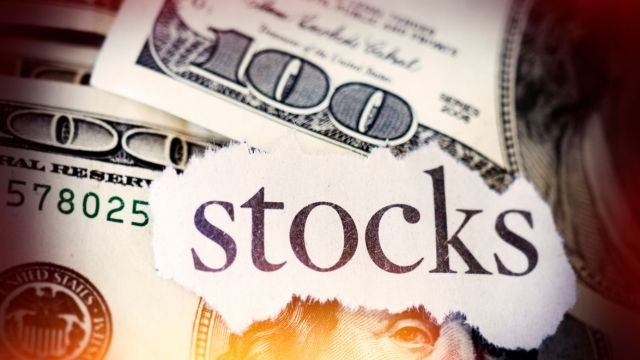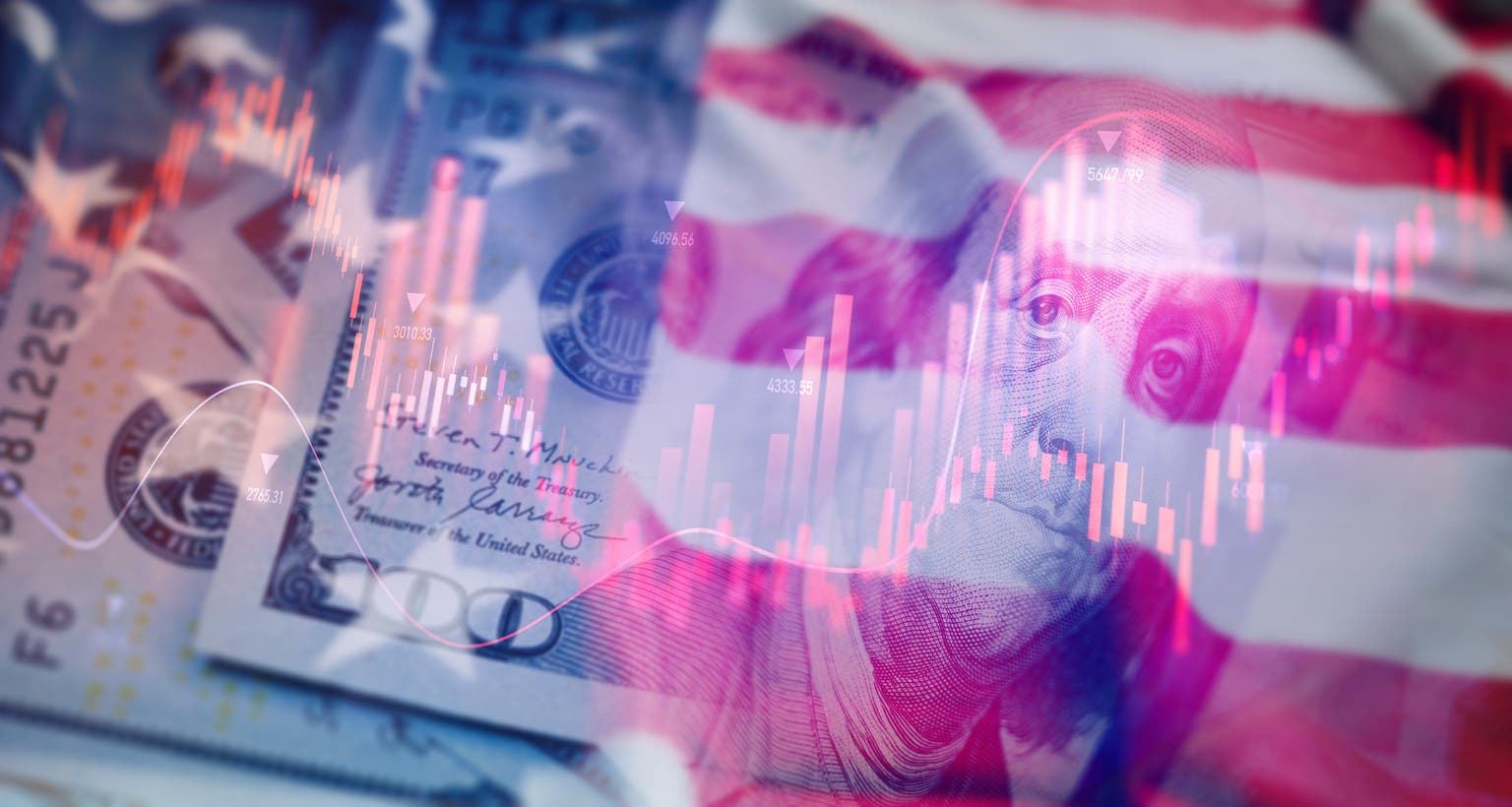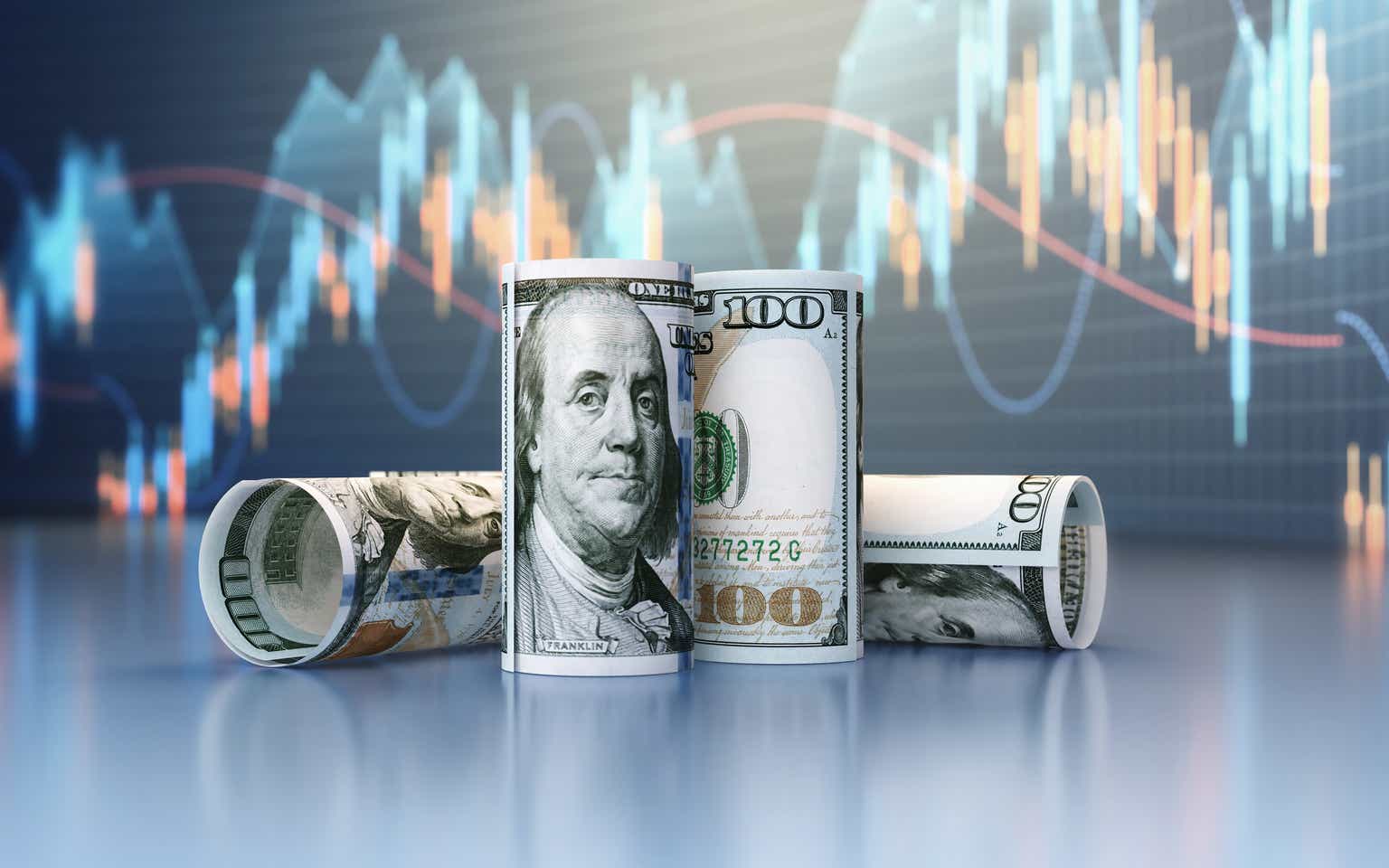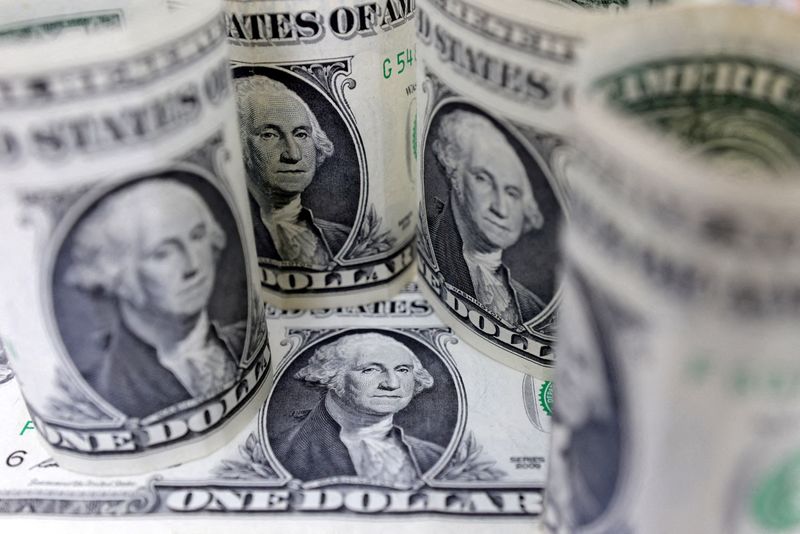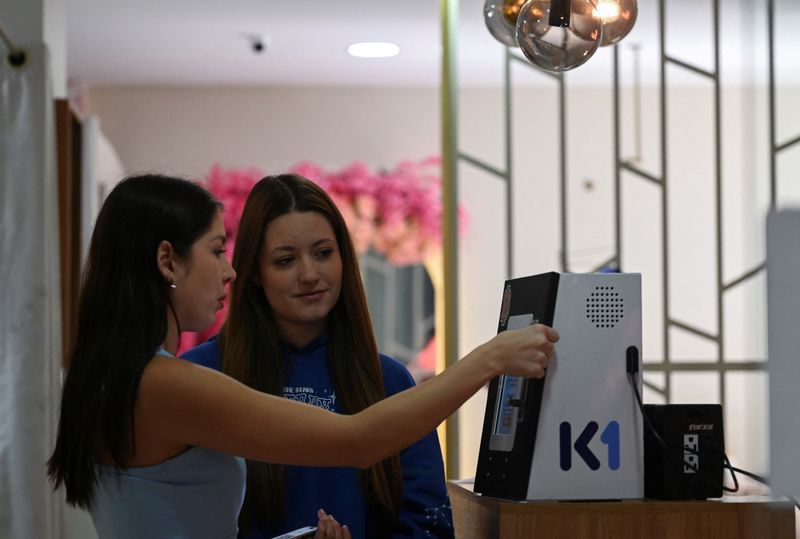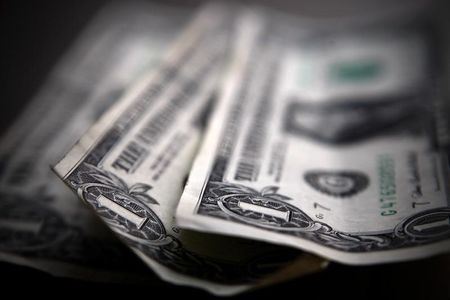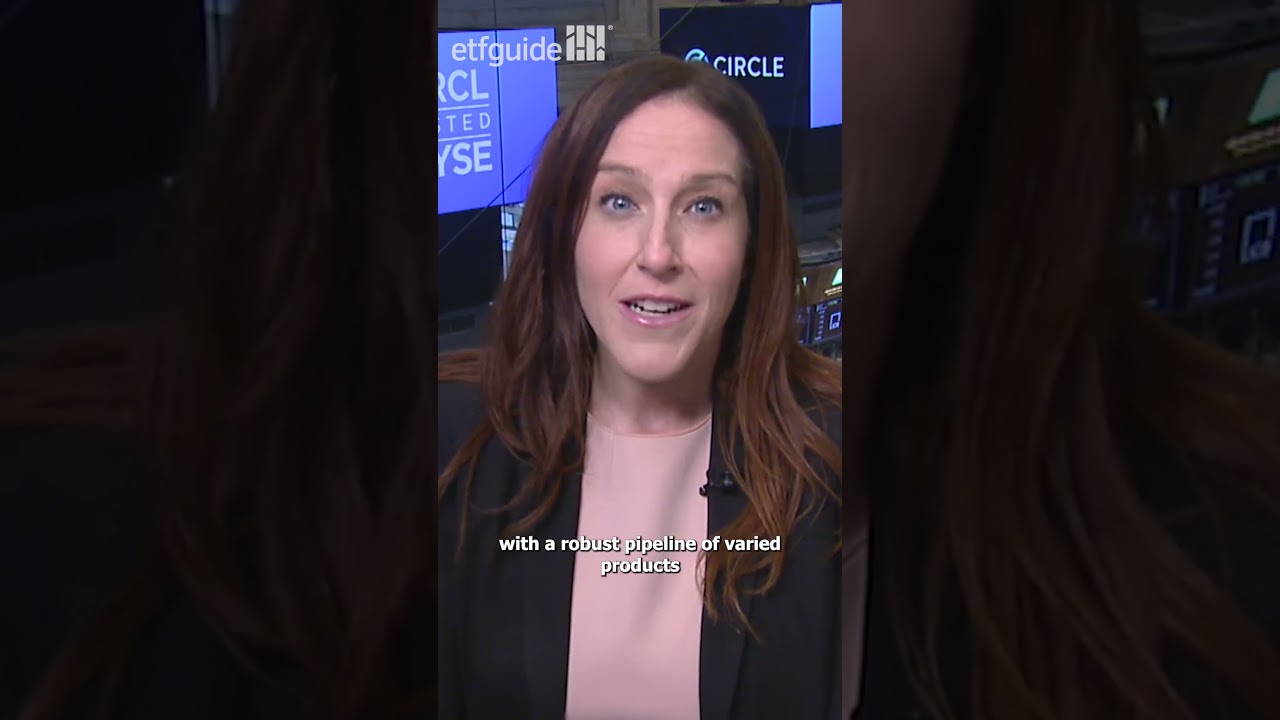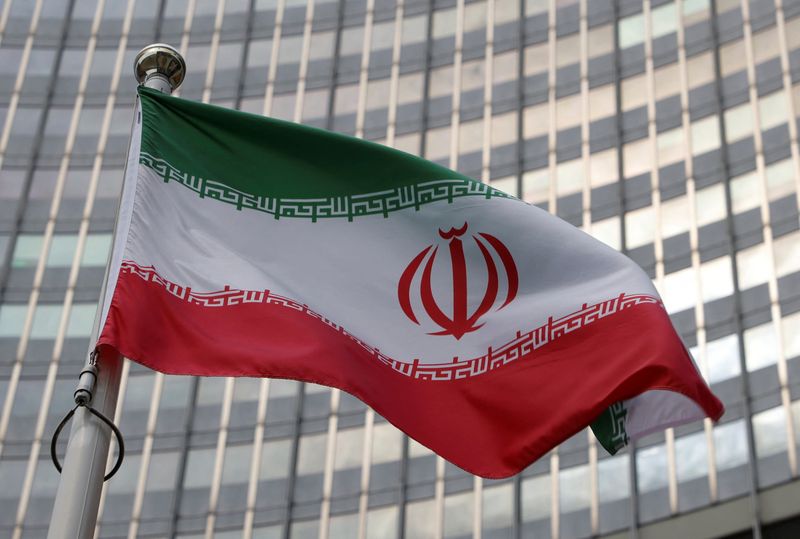Prediction: These 2 Stocks Will Join the Trillion-Dollar Club by 2030
There is a small, exclusive group of companies with market caps above $1 trillion. Over time, more corporations will join this elite club. However, joining this clique is just one (albeit an impressive) milestone. Investors want to find companies that can perform well over the long run, even with market caps above $1 trillion. That's what makes Eli Lilly (NYSE: LLY) and Visa (NYSE: V) attractive. These companies have a real shot at crossing the $1 trillion mark by 2030 and look likely to deliver strong returns long after that. Image source: Getty Images.Eli Lilly is one of the largest healthcare companies in the world and sports a market cap of just under $737 billion as of this writing. Getting to the $1 trillion mark from these levels in about five years might not seem impressive. However, the drugmaker will face several headwinds. First, marketwide issues could slow Eli Lilly's growth. The threat of tariffs is real for pharmaceutical companies, too. Second, Eli Lilly's shares look expensive based on traditional valuation metrics. The company's forward price-to-earnings (P/E) ratio is 35.4, almost twice the average for the healthcare sector, which is 16.Continue reading

There is a small, exclusive group of companies with market caps above $1 trillion. Over time, more corporations will join this elite club. However, joining this clique is just one (albeit an impressive) milestone. Investors want to find companies that can perform well over the long run, even with market caps above $1 trillion. That's what makes Eli Lilly (NYSE: LLY) and Visa (NYSE: V) attractive. These companies have a real shot at crossing the $1 trillion mark by 2030 and look likely to deliver strong returns long after that.
Image source: Getty Images.
Eli Lilly is one of the largest healthcare companies in the world and sports a market cap of just under $737 billion as of this writing. Getting to the $1 trillion mark from these levels in about five years might not seem impressive. However, the drugmaker will face several headwinds. First, marketwide issues could slow Eli Lilly's growth. The threat of tariffs is real for pharmaceutical companies, too. Second, Eli Lilly's shares look expensive based on traditional valuation metrics. The company's forward price-to-earnings (P/E) ratio is 35.4, almost twice the average for the healthcare sector, which is 16.








